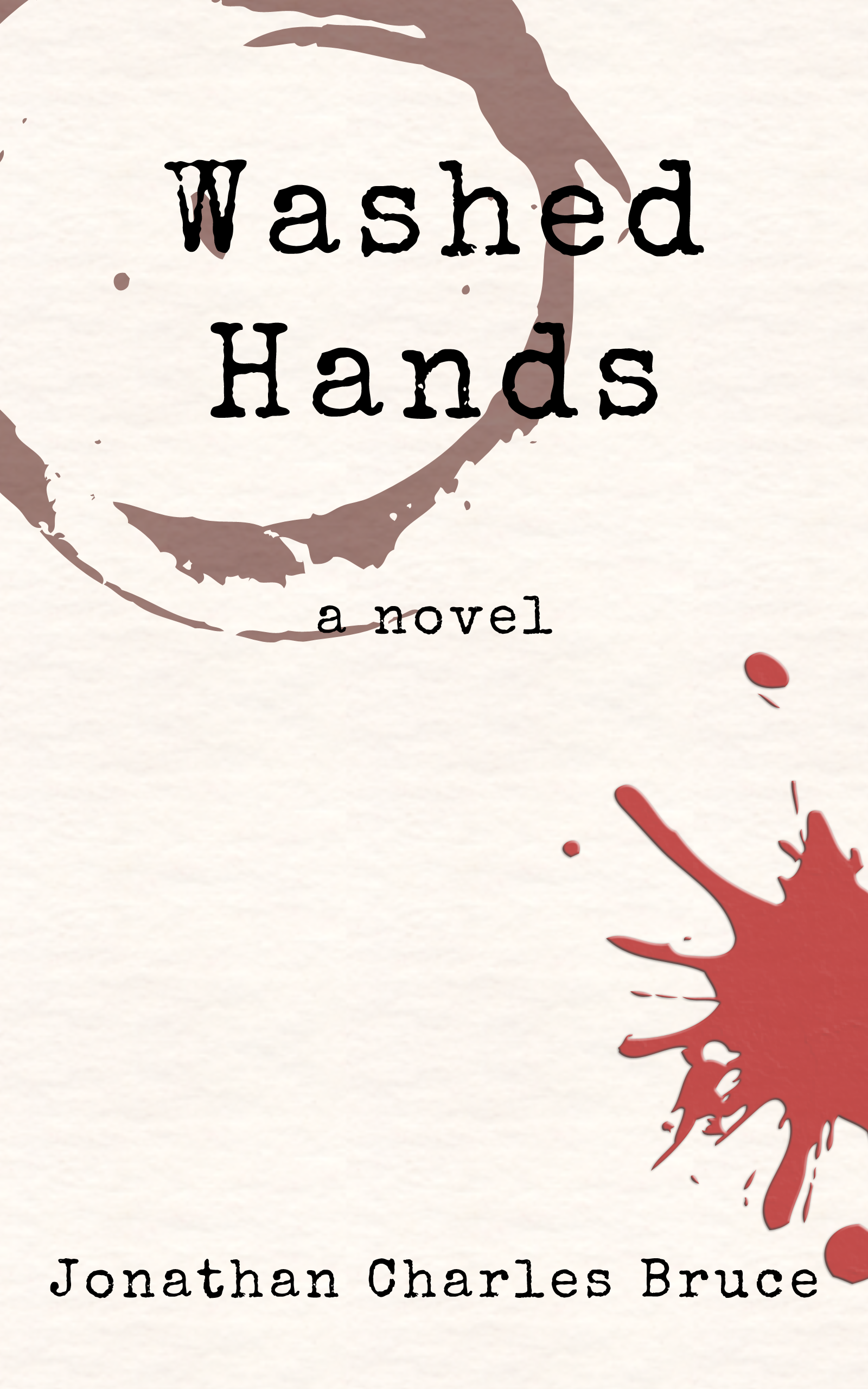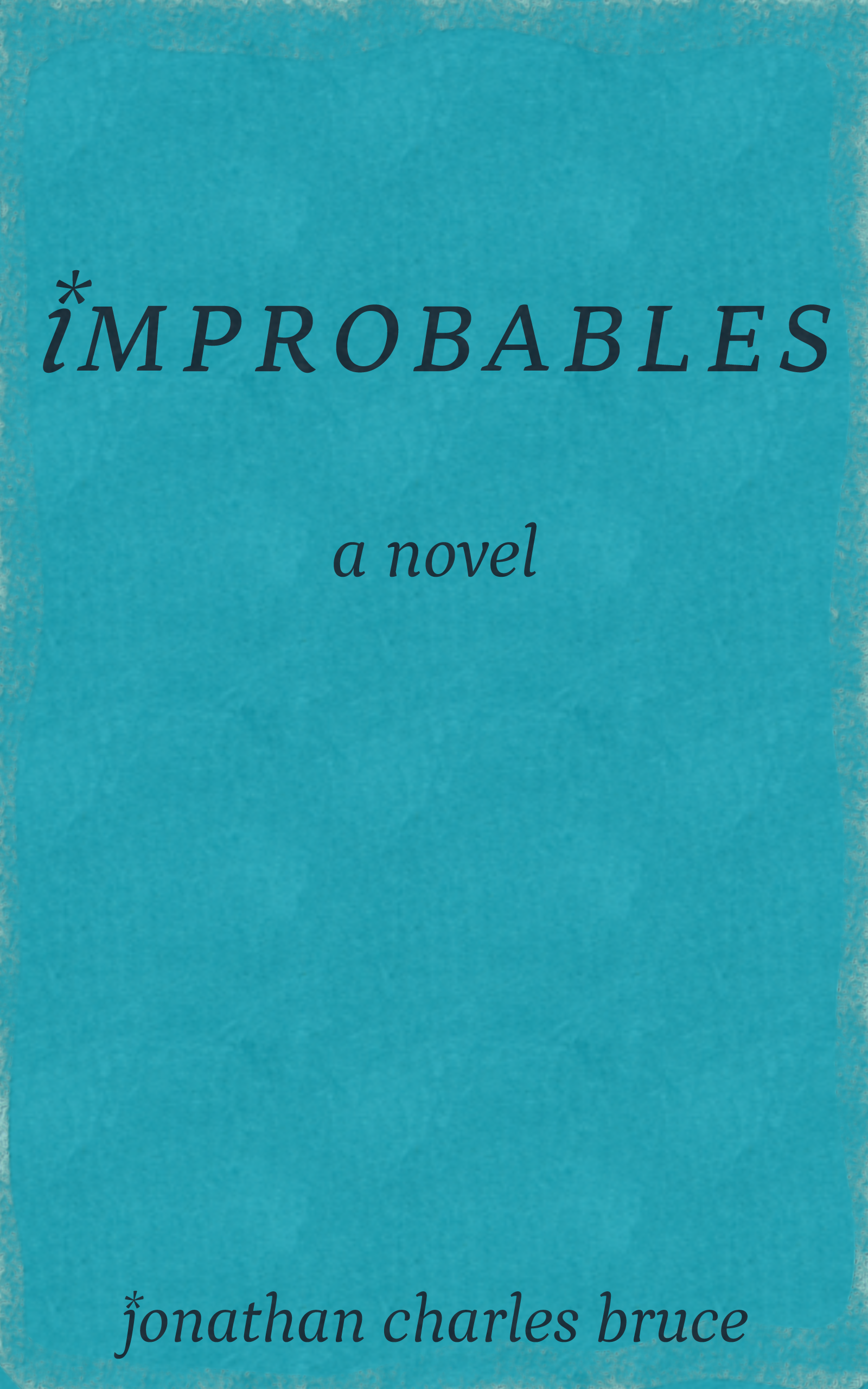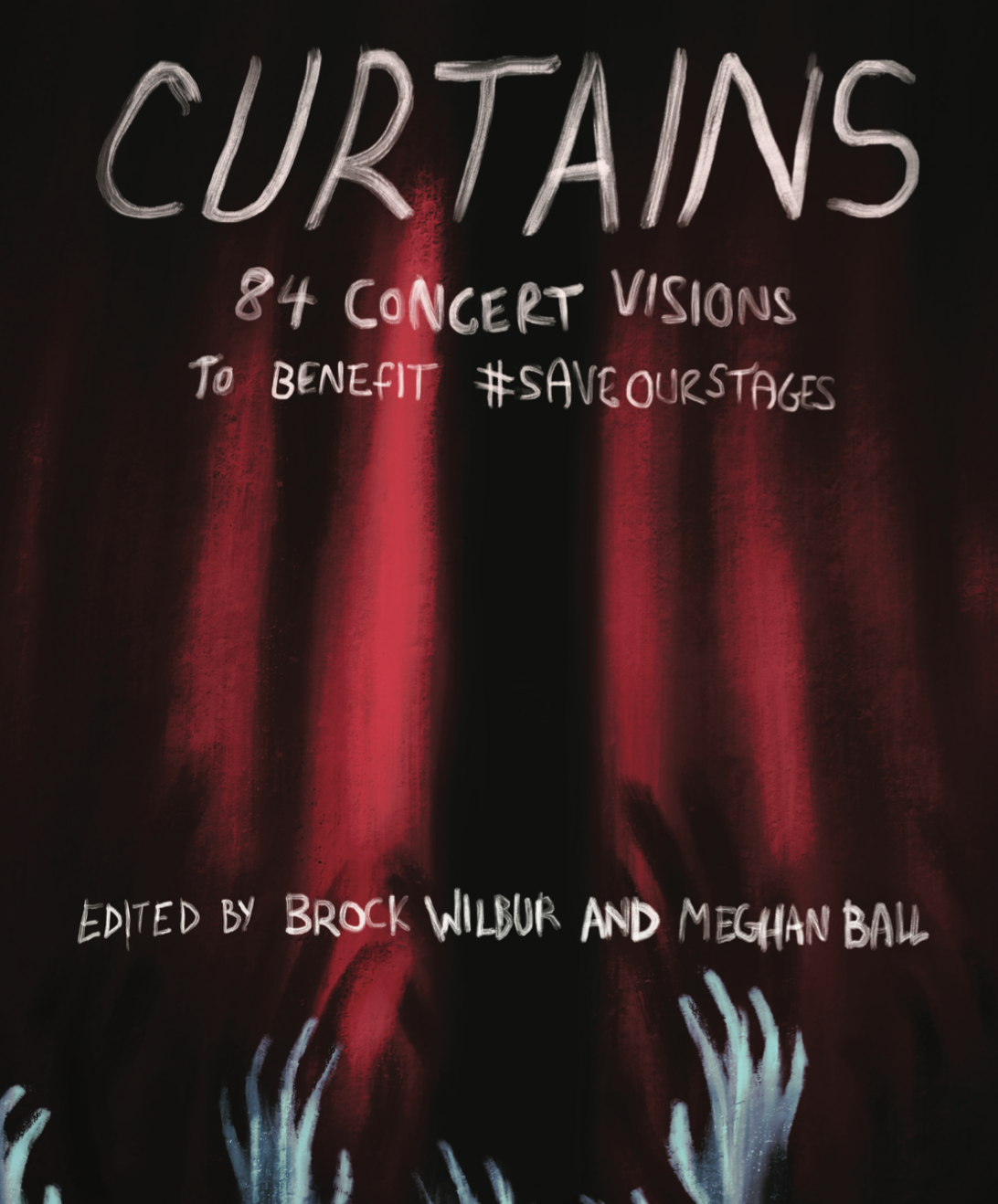On Moral Consequence and Undertale
Most game morality systems are garbage.
When I was growing up as a sensitive child, I often found myself getting attached to video game characters. Although I had grown out of knee-jerk emotionality when characters died for narrative reasons by the time Final Fantasy VII murdered Aerith, I had a track record of trying to find ways to save the unsavable. More to the point, though, I didn’t like inflicting unnecessary pain and punishment—I never intentionally killed a Half-Life scientist or security guard and would corral them into safe zones whenever possible. Sure, they were largely useless and whiney, but they were still people in the confines of the narrative.
Maybe it was because my emotional connection to the stories being told overrode that notion that I was in an effectively amoral space, but I don’t find any joy in terrorizing electronic things that don’t present themselves as a threat. One of the reasons I hated God of War III was that it indulged in violence to the point of outright vicious sadism. At one point, it forces you to pulverize Zeus’s face until the screen is covered in blood, and you can keep going indefinitely.
But I digress.
As games developed a whole “moral choice” gimmick, it became systematized to the point of uselessness. In Bioshock, one can harvest a magical sea slug which kills the little girl it is parasitizing in order to use more psychic-plot-magic. Or! You can not do that, collect less upgrade tokens or whatever, and send the still living and now-human girl on her way. Both routes are fundamentally the same, and both are equally viable.
That’s not a moral choice. If it was a moral choice, then no one outside of serial killers would choose to end the life of a little girl for a one-time bonus. You don’t punish the players for being selfish at all, nor do you truly reward them for being good. It’s paper-thin.
I’ll give you another example—in the second inFamous, we have a scene where the main character can stealthily sneak into an enemy base. Alternately, he can blow up some generators, killing the baddies but also the refugees stranded there. The character’s reaction to the situation is hilariously stilted—he sounds vaguely angelic when talking about the one path, then sounds like he’s getting aroused at the prospect of butchering innocent people.
How, again, is this a moral choice?
The problem with this, naturally, is this idea that we’ve systematized something that is incredibly nuanced and by nature difficult to pin down. We are focused on filling up on meters rather than the impact that these things are supposed to have in the game world. In Watch_Dogs, serial killer Aiden Pearce can steal cars, engage in hit-and-runs, pilfer money from people’s bank accounts, invade privacy, and completely screw up Chicago’s infrastructure causing untold millions in damage, on top of being directly responsible for his niece’s death.
But as long as you stop the occasional crime, well, apparently everyone will love you.
Keep in mind that this is a world where Aiden’s phone can 100% accurately predict crime. Why wouldn’t he provide that to, you know, the fucking police? It’s the “Batman’s rich enough to hire criminals as security guards” dilemma. We have to realize that the reason it’s not done is because then the protagonist wouldn’t be able to beat up others.
This is the fundamental problem with trying to enforce a moral heart to a game when it hasn’t been carefully structured around the idea of the moral dilemma. The narrative is impacted by the supposed-moral choices being made, but the game world has been structured to be fundamentally amoral. You fear restricting player agency without pausing to realize that a moral compass is largely what stops us from doing what we want whenever we want to.
And then we get Undertale.
Recently released, Undertale is a JRPG largely reminiscent of Earthbound and, to a lesser extent, Off. Like these games, Undertale is full of general weirdness. You’ll duel a dancing robot for ratings, date a skeleton, discuss anime, and find yourself pulled along on an endearing story with an equally lovable cast of characters. And this is where things get interesting.
The plot is relatively simple—a long time after a war between monsters and humans forced monsters underground behind a largely-impossible-to-pass barrier, a young child (the sex/gender is ambiguous) falls underground and must make their way back home through the land of monsters. It may not sound deep, but as you move forward you uncover a story of desperation, grieving, hope, and redemption behind the cartoon-y visuals and absurdist commentary.
While Earthbound (or Mother 2, if you insist on being accurate and kind of annoying) forced your characters to do certain things at certain times that had the consequence of being moral on an individual level, the central morality of the story is like most video games—you have to save the world. There were also hints here and there—wild animals you fought would be tamed rather than killed and people would ‘return to normal’ after being bludgeoned with a baseball bat—that you were most certainly a noble goodie-goodie.
With Undertale, it becomes very clear that you can fight, but you probably shouldn’t. Every enemy can be interacted with—talked to, imitated, flexed at—until they realize that you aren’t the enemy (or run away crying). Once that happens, you get to show the monsters mercy, and they leave. The alternative is to straight-up kill them—doable, but why would you want to?
Although there are intimidating and even ghastly monster designs, the vast majority of them are charming and cute (take that as you will—I think spiders are adorable). In fact, it’s your character that stands in stark contrast to everything else as this kind of weird-shaped lump. It establishes beautifully your alien nature in the world of monsters.
The fundamental moral arc of Undertale is challenging the traditional route of player domination of a challenge. Primarily achieved through pure strength, Undertale gives you that option (which, in some cases, may be easier), but stresses that there are better ways out of a situation than through brute force.
What Undertale achieves that no other game can adequately say is that the fundamentally “good” path is the way you’re supposed to play the game. It encourages you to stay your hand when you commit violent acts. But its ultimate triumph is the fact that the goofy, weird, not-at-all-threatening creatures you run into practically beg you to love them. Or, at the very least, tolerate them. Only one character, in the traditional sense, “deserves” punishment, and even then the game gives you the option.
This is a critical moment of game design, one that I think would have been impossible for many big game publishers to have done on their own. They simply wouldn’t have been able to, because there's no clear way to sell this kind of game and that means that it's way too risky to invest in. Instead, the indie sector gives us a game with nostalgic trappings that evolves in innovative ways and challenges that which many of us have grown up with. Everything in the game revolves around the moral choice of whether to play with mercy or embark on a warpath.
And the game remembers.
Spoilers, but if you go ahead and kill everything you possibly can, you quite literally break the game. It’s possible to play again, but the world will forever be off. It’s akin to using a firecracker on a defenseless doll or shredding a book—the pieces you can put together will be irrevocably changed. You will be forever reminded of your decision—was the momentary sense of destruction validated by the fact that you can never again get back that which you have lost?
I could never bring myself to play that way. I just can’t. It’s sentimental, but just as I can’t destroy a book I love for its characters, I can’t intentionally harm those within Undertale. For players and makers alike, this is the hurtle to jump. If you want to continue actually pushing “moral questions” as a selling point, they have to be ever more central to the game experience itself. It can’t manifest in a buff or weapon—it has to be linked to how we experience the world. In other words, you have to make the characters we interact with—and the decisions we make with them and the actions committed toward them—the actual thing that matters.
Only then will your moral choice actually mean something more than a bar to fill.
You should buy Undertale, by the way. It is a fabulous game that is utterly charming and bursting with personality and depth. The soundtrack kicks ass as well.
< PREVIOUS ENTRY • NEXT ENTRY >
Advice • Fiction • Gaming • General Musings • Reviews





